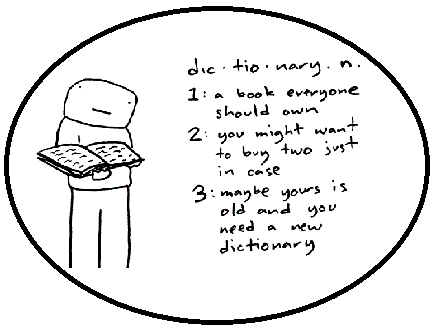One of the first subject that you are able to talk about with beginner levels is FAMILY. Partly because you may use relatively easy language to do this, like verbs TO BE and TO HAVE GOT, but also because that's something close to everyone. My take on the subject is fairly simple and involves using pictures and a speaking game. Hope you'll like it.
SPEAKING
Remind the students the rules of using 's in expressing possessions or family relations. You may do it as follows:
- Whose book is it? It's my brother's book. - It is his book.
- Whose pen is it? It's my deskmate's pen. - It's her pen.
- Whose car is it? It's my grandparents' car. - It's their car.
The students are to look at the pictures. Ask them Who is who? to a person marked with a star.
Who is Patty?
Who is Herb?
etc.
Who is Ling to Abraham?
Who is Mona?
Who is Homer?
etc.
Who is Patty to Maggie?
Who is Lisa?
Who is Ling?
etc.
WRITING
You may also use the picture without stars and ask the students to fill in the blanks in the sentences below.
Bart is Lisa's _________________________
Marge is Homer's
Clancy is Selma's
Abraham is Mona's
Maggie is Ling's
Lisa is Patty's
Homer is Abraham's
Selma is Ling's
adoptive
Bart is Herb's
Abraham is Lisa's
Bart and Lisa are
Marge's_________________________
Maggie is Jackie's_________________________
Maggie is Marge's_________________________
Herb is Marge's
Patty is Selma's_________________________
Abraham is Marge's
Herb is Maggie's
Jackie is Homer's
Marge is Herb's
Homer and Marge are
Lisa's
Homer and Herb are Clancy's
Bart and Lisa are
Maggie's
Marge is Mona's
Maggie and Bart are Ling's_________________________
SPEAKING GAME
Prepare cards with words representing different members of the family. Put them on a table face down. The student take turns to pick a card and using possessive 's explain the word to the class.
You may use the basic words but you may also enrich the game with words such as:
a boyfriend
a widower
a divorcee
twins
a stepmother
a great grandmother
etc.
DISCUSSION POINTS
- How big is your family?
- Which family is bigger: that on your father's side or your mother's?
- Who is the oldest in your family?
- Who is the youngest?
- How many brothers and sisters have you got?
- How many aunts and uncles have you got?
- How many (first) cousins have you go?
- Who are you named after?
















